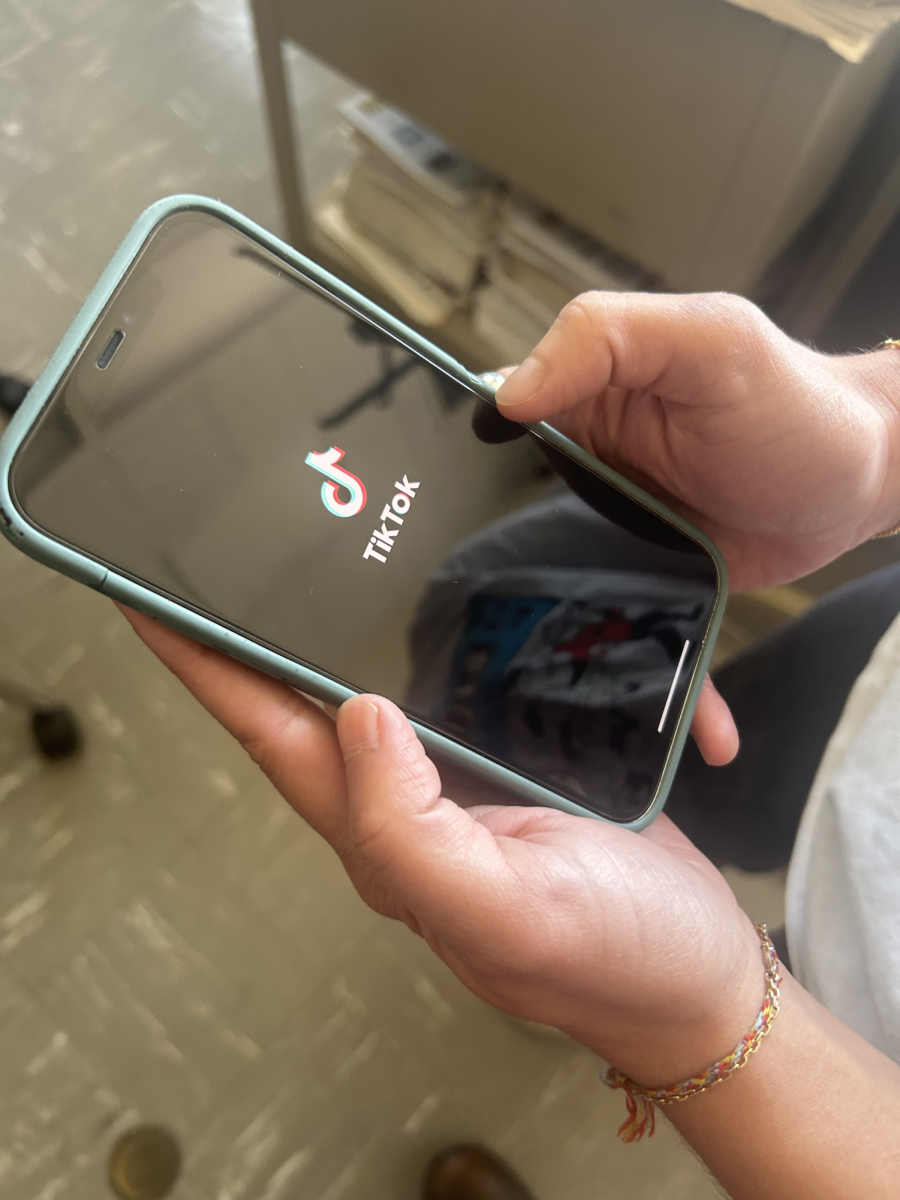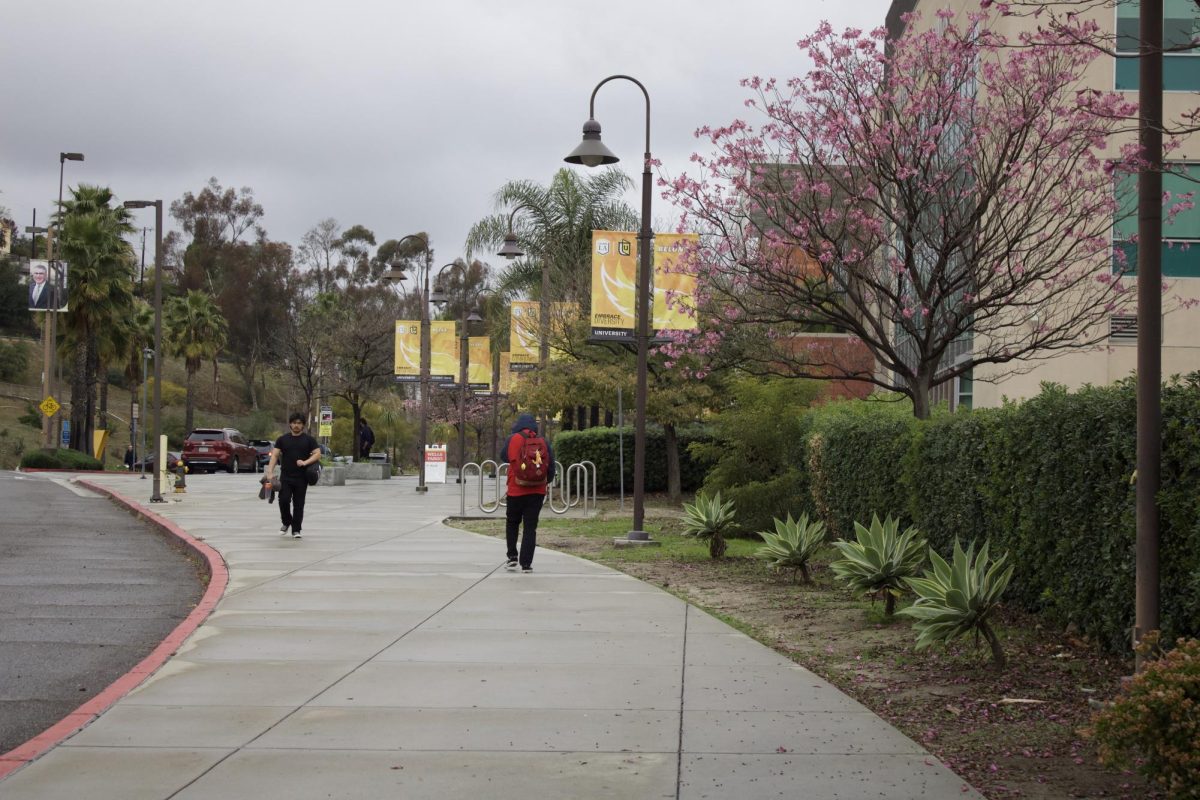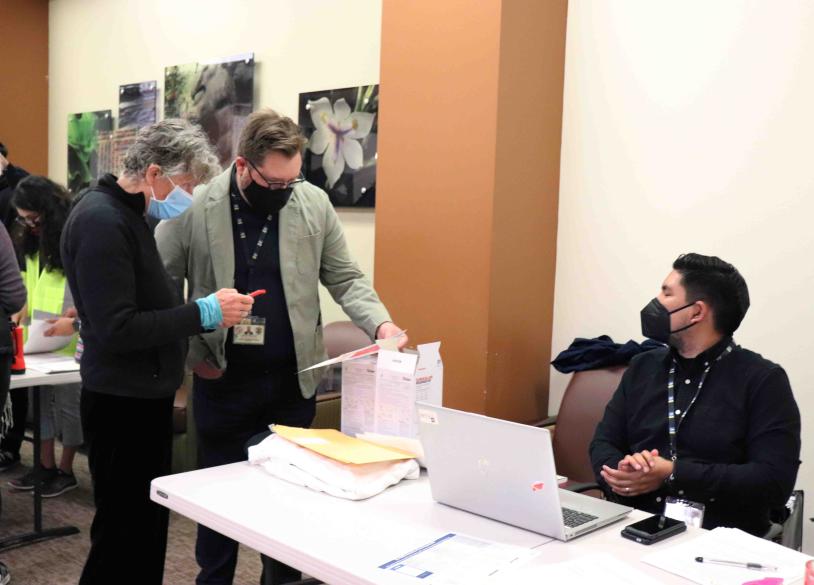On March 13, the House of Representatives passed a bill effectively forcing the sale of the social media app TikTok. According to the bill, the Beijing-based company Bytedance must sell its stake in TikTok in six months, or TikTok would be pulled from U.S.-based app stores. This legislation was pushed by effort from both political parties over concerns of national security.
The TikTok ban bill, known as the Protecting Americans from Foreign Adversary Controlled Applications Act, had its origins with Donald Trump’s initial executive order to ban TikTok on Aug. 6, 2020, but it was blocked. The following summer, President Joe Biden revoked Trump’s order but also asked for an investigation on whether TikTok really is a threat to national security. The proposed ban has also prompted discussions among students about the broader implications of government regulation on social media platforms. The sentiment amongst Cal State LA’s students reflects the broader societal debate over the balance between individual freedoms and national security interests.
Miguel Aguirre, a second-year computer science major, voiced support for the proposed ban, acknowledging concerns over privacy and data security.
“I do understand the reason why the U.S. is scared,” he said. “Sending our personal information to China or any other country or government could pose a threat.”
Aguirre is a habitual TikTok user, mostly for educational and entertainment purposes. He feels the reason TikTok is being targeted is because of its susceptibility to be controlled by Chinese interests.
“I feel like with the way [U.S. government officials] are presenting themselves and the way they’re approaching the policies, it shouldn’t be what they’re doing,” Aguirre said.
Others like Javier Avalos, a first-year electrical engineer, are torn over whether or not TikTok’s ban might be the right move. Avalos speculates that TikTok is only one of many other social media sites that are guilty of accessing and selling the private information of its users.
“We don’t know about Instagram or Meta, or any other social media site because it’s American, or associated with an American company, or the American government,” Avalos said. “Everyone takes your information. I guess the reason why they want to take TikTok down is because it’s the Chinese government taking that information.”
”A lot of people use TikTok just for fun and entertainment, so if the Chinese Communist Party is stealing information, it’s [messed] up,” said Aaliyah Lee, a third-year kinesiology major.
Despite her misgivings on TikTok’s relationship with private information, Lee feels that the legislation surrounding the ban on TikTok, is ultimately a diversion from real issues.
“I just think it’s unnecessary. I feel like it’s a distraction,” Lee said.
Lee is not the only person to speculate that the banning of TikTok may coincide with the United States’ control over political narratives.
”I feel like the U.S. is forcing people to take their side and their image,” Aguirre said.
He feels that although TikTok’s algorithm favors lesser-known views that aren’t necessarily American, it’s fundamentally better to see and hear from other sides and perspectives from around the world.
“I hope it’s about national security, I really hope that they’re doing it for a good cause,” Aguirre said. “When worse comes to worst, if they want to just take control of TikTok to produce their own narratives and show only specific parts, that’s a bad thing.”








